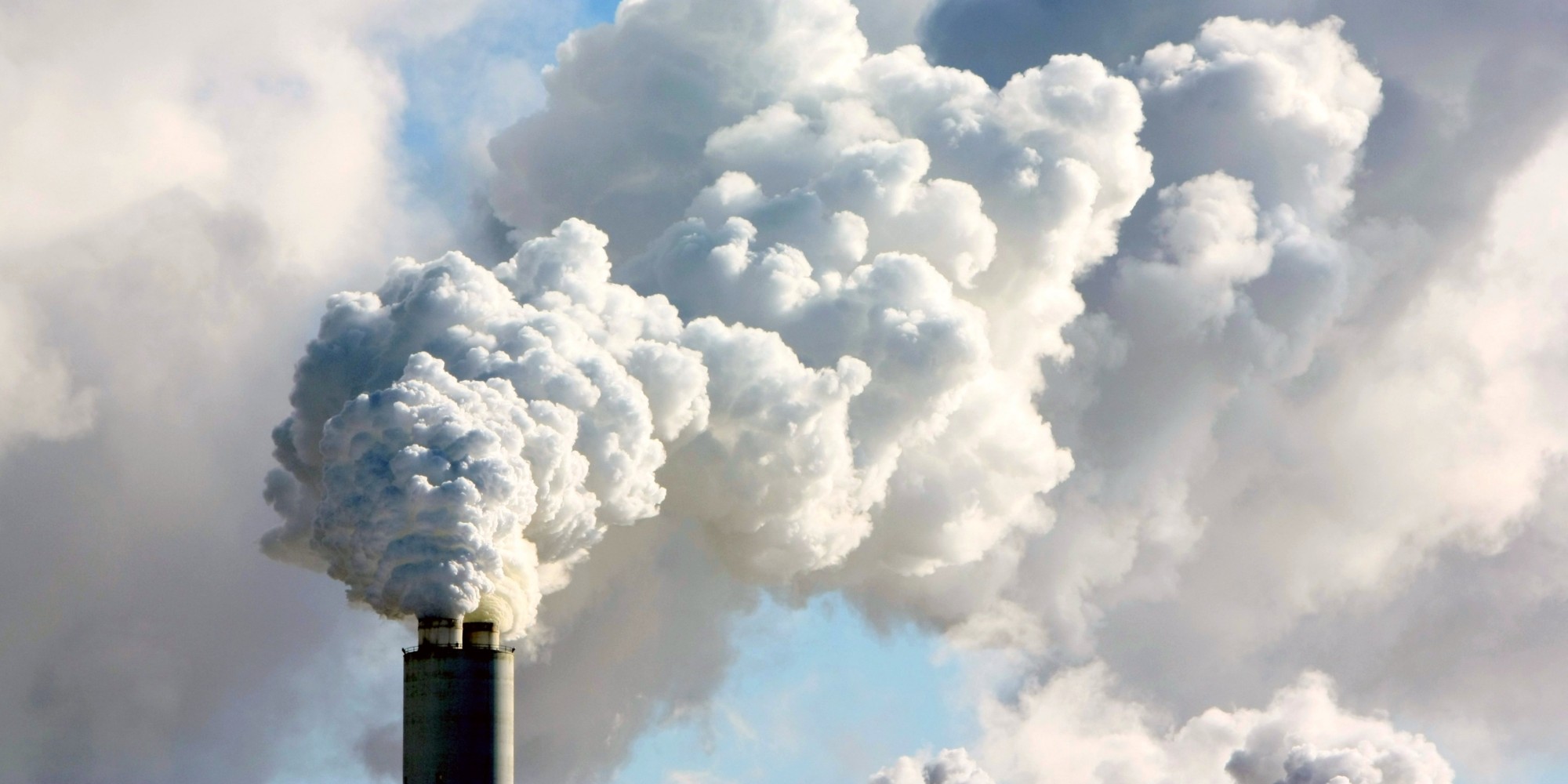
The issue of climate change and fixing issues with the environment has been something that has gained so much ground in the past few years. This has created an important question that many seem to ask: what will the Earth be like in the future? We are changing many things in our environment, and if we keep with the same rate we have for the past few decades, then who knows what lies ahead. I do think, though, that it is important not to focus solely on the future, which leads me to an important argument of this blog: Worrying and focusing on the future alone is a setback to change. Yes, acting proactively is a great way to help, but focusing on the possibilities in 10 years from now takes the focus away from today. If we put our focus on today, then the issues that we see will no longer be in question when ‘the future‘ rolls around. An easy, and also relevant analogy, is when you are worried about a test so much that you put off studying and focus on the worry instead of doing something productive to ease your anxiety. Focusing on the content of the test will help make the end result something much, much better. This is the same for almost every issue I can think of.
I have talked a lot in this blog about various ideas about how I think people should act, and what I think is the best way to approach something. Because of this, it may seem like I think I know everything about this topic, but I don’t. I think there is a certain way that people should go about enacting change, whether it be environmental or something else, but that all boils down to my core beliefs and what I have taken out of life. Feel free to keep on doing whatever you are if you are so inclined; people shouldn’t always just do what they are told by some college kid on a blog. Rather, take into consideration what I have said, what everyone has said, regarding this issue and form your own way on how you want to progress.
Writing a blog like this is very odd for me. I am a very quiet person, and I am not passionate about anything that is not Star Wars, reading, music, or nature. Because of this timidity, I never share the ideas that fly about in my old noggin, so writing an 8 post long blog where I just kind of let all my beliefs run amok is… different. I am kind of on the border regarding caring about issues and not caring about issues; I have firm beliefs that I hold, but I almost never find it necessary to convince others or go out and make change. I don’t, nor do I ever plan on voting, protesting, or sharing my political beliefs with anyone in this world. This allows me to just stand by and witness how people go about advocating for issues they care about, which brings me to my final point of this blog:
Sometimes, it is necessary to take a step back from what you care about and view it from a different perspective. Continuously being involved in something is exhausting, and exhaust leads to a dangerous area of frustration that causes you to act unlike your normal self. I would say that this is one of the reasons much of America, both politicians and people, has become so radical in their beliefs as opposed to a few decades ago. This fatigue and over exposure has led to people becoming more extreme and obsessive when trying to push their objectives, which has greatly affected the topic of climate change. So please, if there is anything that you truly care about in the world of politics, civic issues, or what not, try to take this step back and relax for a bit in order to return with a fresh mind and a lively heart.

I am very content with the direction I took this blog in. This is probably the only area of government and civic issues that I give a shred of care about, so I didn’t want the blog to be like the other approximately 1000 environment blogs on the internet. I wanted to go past the issues of how to make change and what we should be doing. It is necessary to dive past those initial observations in order to get to the steak and potatoes of this topic. Climate change is not just about cleaning trash off the side walk or voting for a candidate, it is also about how you should approach the topic and how you should act in order to complete your goal, whatever that is.



